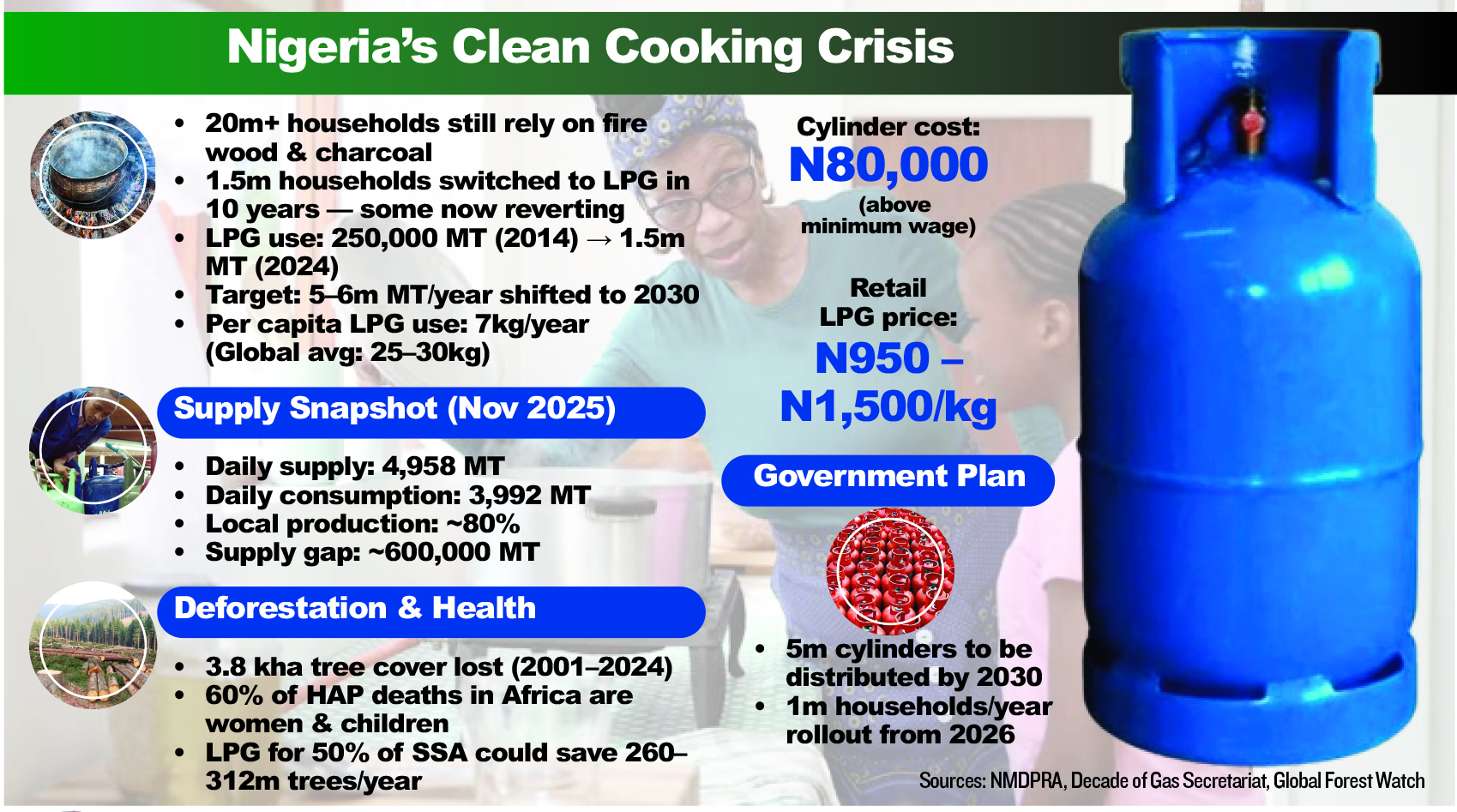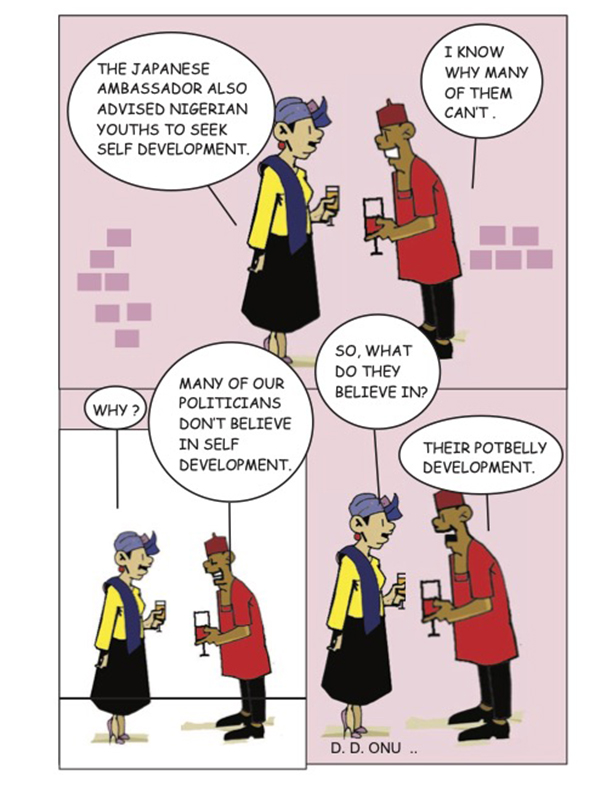Nigeria Political Scientists Association (NPSA) at the weekend declared that Nigeria’s reliance on Western economic prescriptions worsened its domestic conditions and made the country lose relevance among nations.
The association made the observation in a communique issued at the end of its second online conference. The communiqué, signed by its national President, Prof Hassan Saliu, noted that the conference featured keynote speakers, Prof OBC Nwankwo and Musa Abutudu, as well as lead paper presentations by Profs Eme Ekekwe and Femi Mimiko, adding that the opening session was chaired by Nigeria’s immediate past ambassador to the United Nations, Prof Muhammed Tijjani Bande.
The NPSA advised Nigerian leaders to exercise caution when embracing Western economic solutions and urged them to prioritise citizen empowerment over selfish interests.
It also emphasised the need for the nation’s leaders to “recalibrate anti-corruption efforts to free resources for development.” It urged the government to assess the suitability of liberal democracy for Nigeria and re-examine the human dimension of democracy to make it more relevant and appreciated by Nigerians.
On the need to strengthen the nation’s democratic institutions, NPSA underscored adherence to the principles and rules establishing democratic institutions.
It stressed the need for the government to make the nation’s electoral processes more transparent to ensure electoral integrity, adding: “All arms of government should prioritise Nigerians’ yearnings for rapid development.”
On fiscal prudence, the association urged the government to “curb wastefulness in government circles and focus on addressing the needs of the people.
“ It added: “Government must confront insecurity to enhance production and stability, implement people-oriented interventions to reduce the high cost of living and improve democracy’s image andcheck corrupt tendencies in social intervention programmes by applying appropriate sanctions.
“Government should review foreign policy to promote independence and assertiveness, encourage political actors to prioritise resource allocation to productive sectors and recognise the dangers of debt accumulation and its potential to divert resources from productive activities.”






